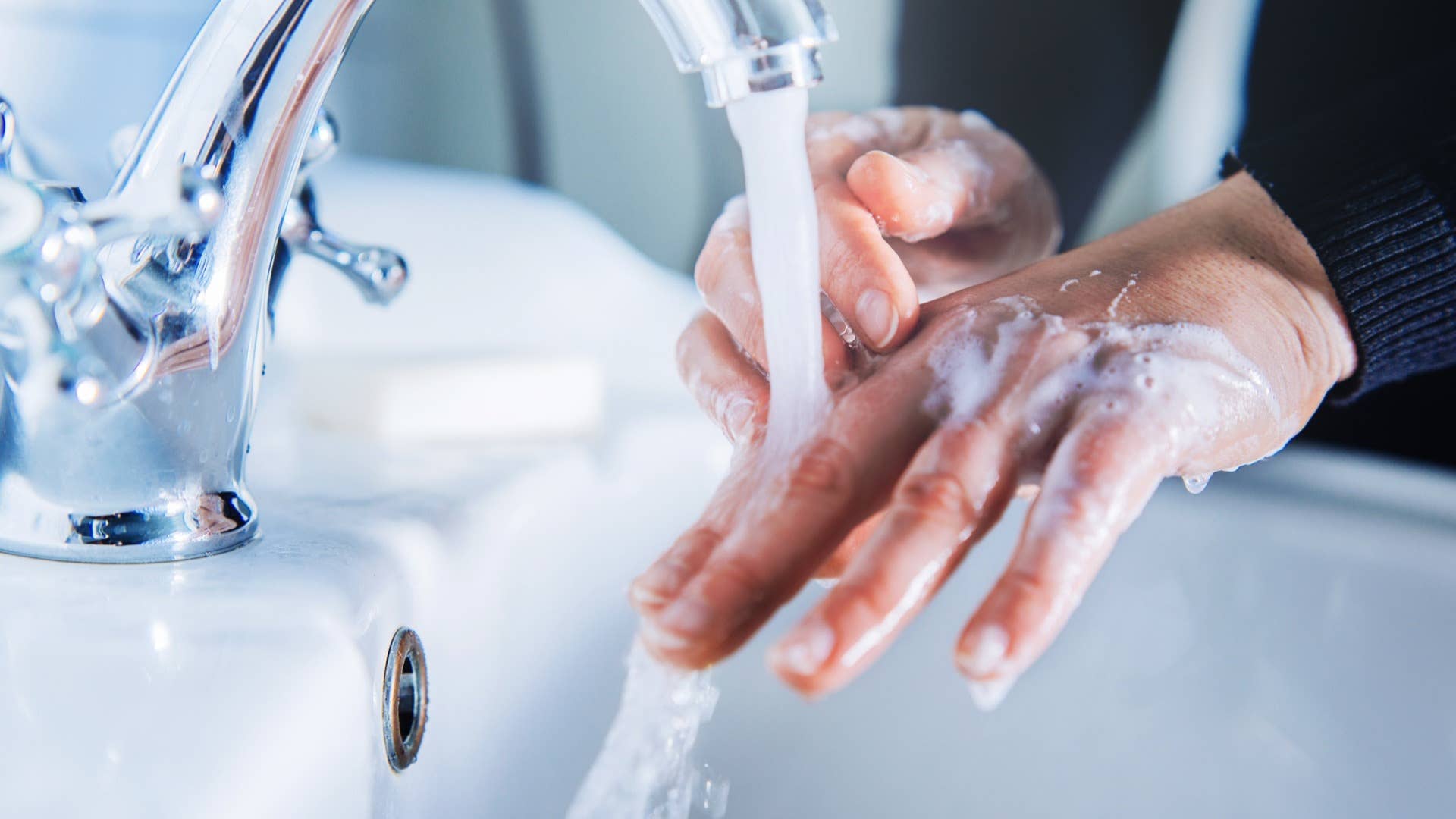
The novel coronavirus can remain infectious on certain types of surfaces for as long as 28 days, according to newly published research.
The Virology Journal-released study, as broken down in a BBC News report over the weekend, comes from researchers at the Commonwealth Scientific and Industrial Research Organization (CSIRO) out of Australia and shows that the "extremely robust" virus could survive on surfaces including phone glass and currency (paper or plastic) for 28 days when kept at 68°F in the all-dark lab environment.
While the study has its critics, including from those who take issue with the fact that researchers did not use "fresh human mucus" and note that these findings were arrived at in a controlled environment, it does add further emphasis on the oft-stated importance of continuing to do seemingly basic shit like washing hands and cleaning surfaces.
The study, as CSIRO chief exec Dr. Larry Marshall further explained, could still be key in helping to continue improving the messaging surrounding those (still-recommended) guidelines.
"Establishing how long the virus really remains viable on surfaces enables us to more accurately predict and mitigate its spread, and do a better job of protecting our people," Marshall said.
Also of interest in the findings is that researchers say the virus lived for less time when temperatures were hotter. Specifically, the virus ceased being infections on some surfaces within a 24-hour period at a temperature of 104°F.
With an estimated population of 25 million people, Australia has reported a total of more than 27,000 confirmed COVID-19 cases. The U.S., meanwhile, has confirmed more than 7 million cases with an estimated population of 328 million.

